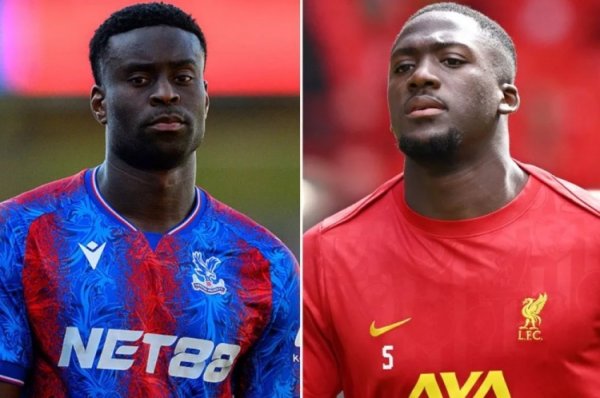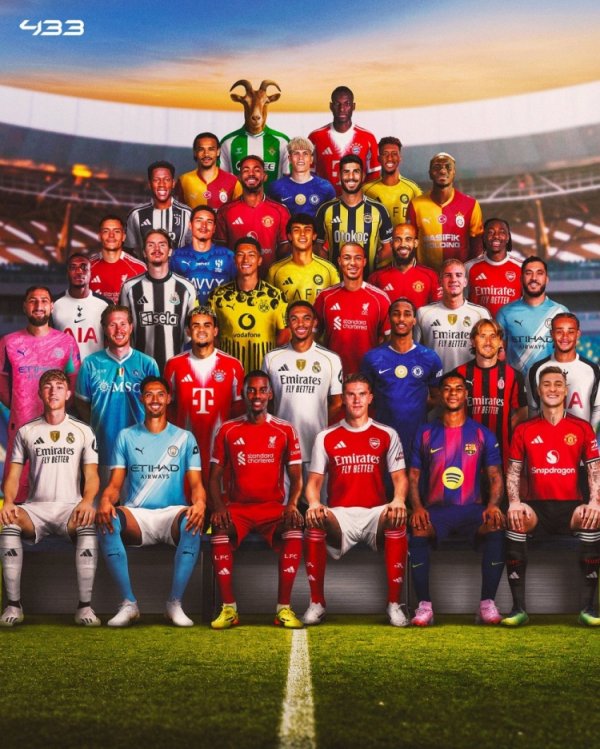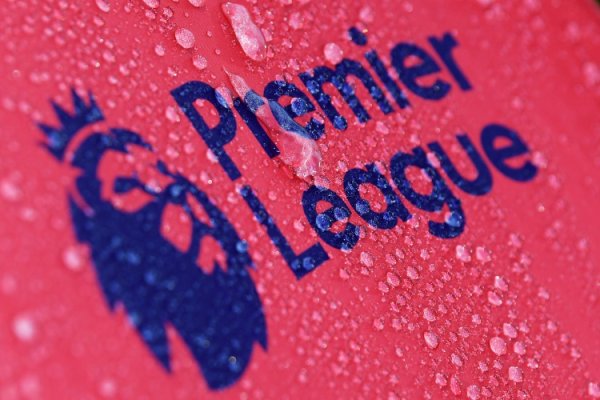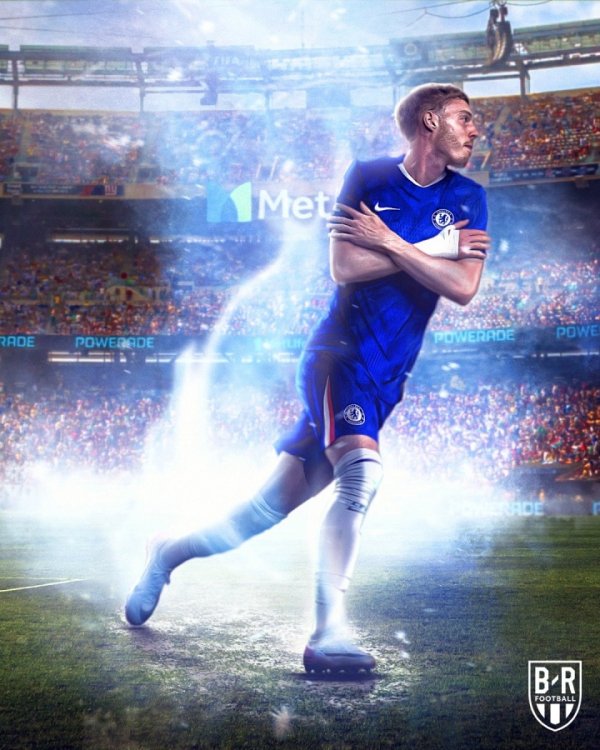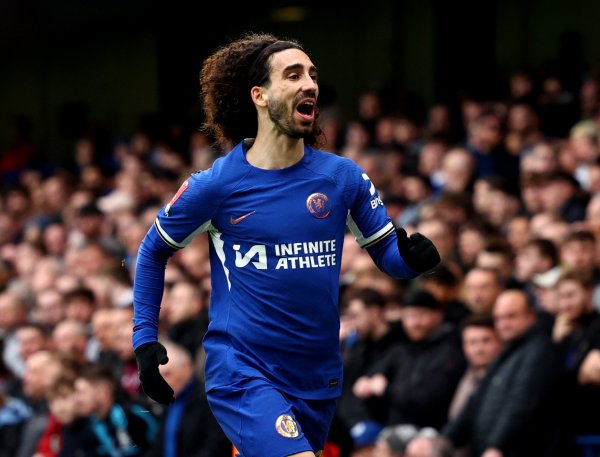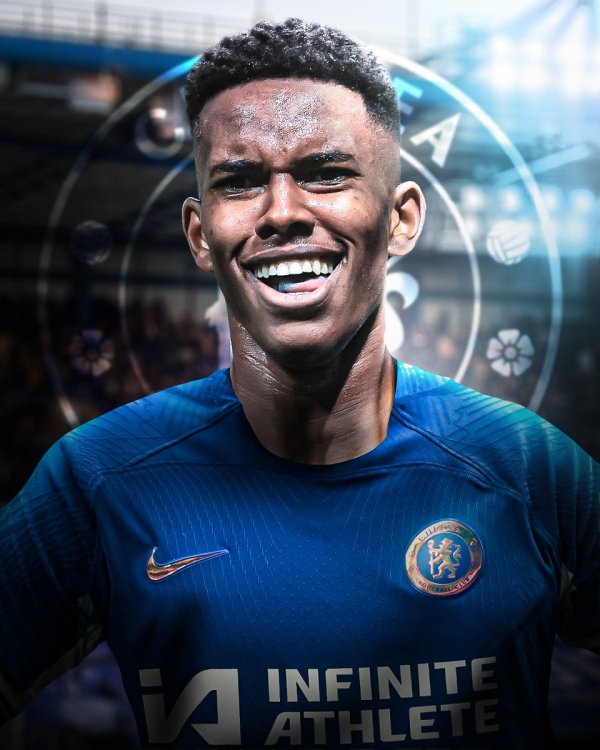Telegraph: Guardiola may face a "Wen Style Crisis", it is not easy to see him make changes
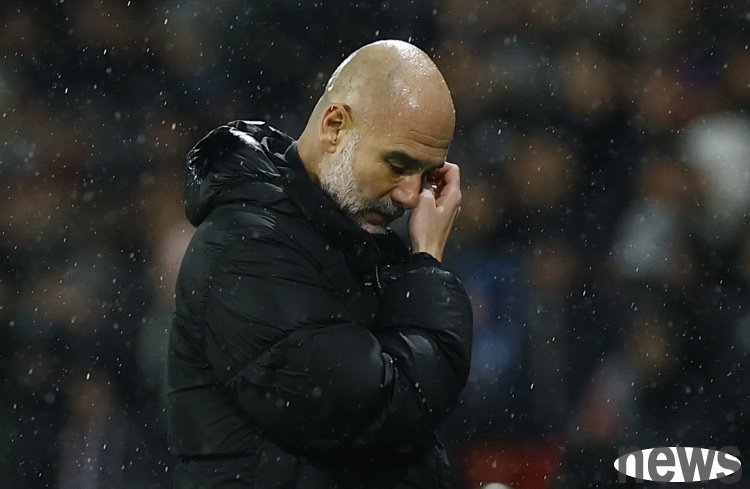
Manchester City has a bad start in the new season. The team suffered two consecutive losses in the Premier League. Manchester City will face Manchester United at home this weekend. The Daily Telegraph wrote that Guardiola is likely to face a "Wenshi crisis."
Pugaldiola now seems to be absent-minded while trying to regain her former glory.
Faced with the team's recent dilemma, the Manchester City coach did not fall into chaos, but chose to seek comfort through other hobbies. He first went to New York to watch the US Open men's singles final, and 72 hours later he appeared in Wentworth to support his friend, golf star Fleetwood.
The last time Guardiola was so distracted during the season was in 2012, when he was invited to give a speech in the locker room of the (Golf) Ryder Cup Europe, helping them inspire the "Medina Miracle". Guardiola maintained his usual focus this week on the golf course, and he even offered Fleetwood swing advice: "You have to look up."
But these behaviors show that Guardiola's mentality is changing. At 54, he was upset and absent-minded by the team's poor form and Manchester City's 130 charges yet to be completed. After losing to Brighton, Guardiola had no strength to blame the referee or the player. He just wandered on the court, as if in a trance.
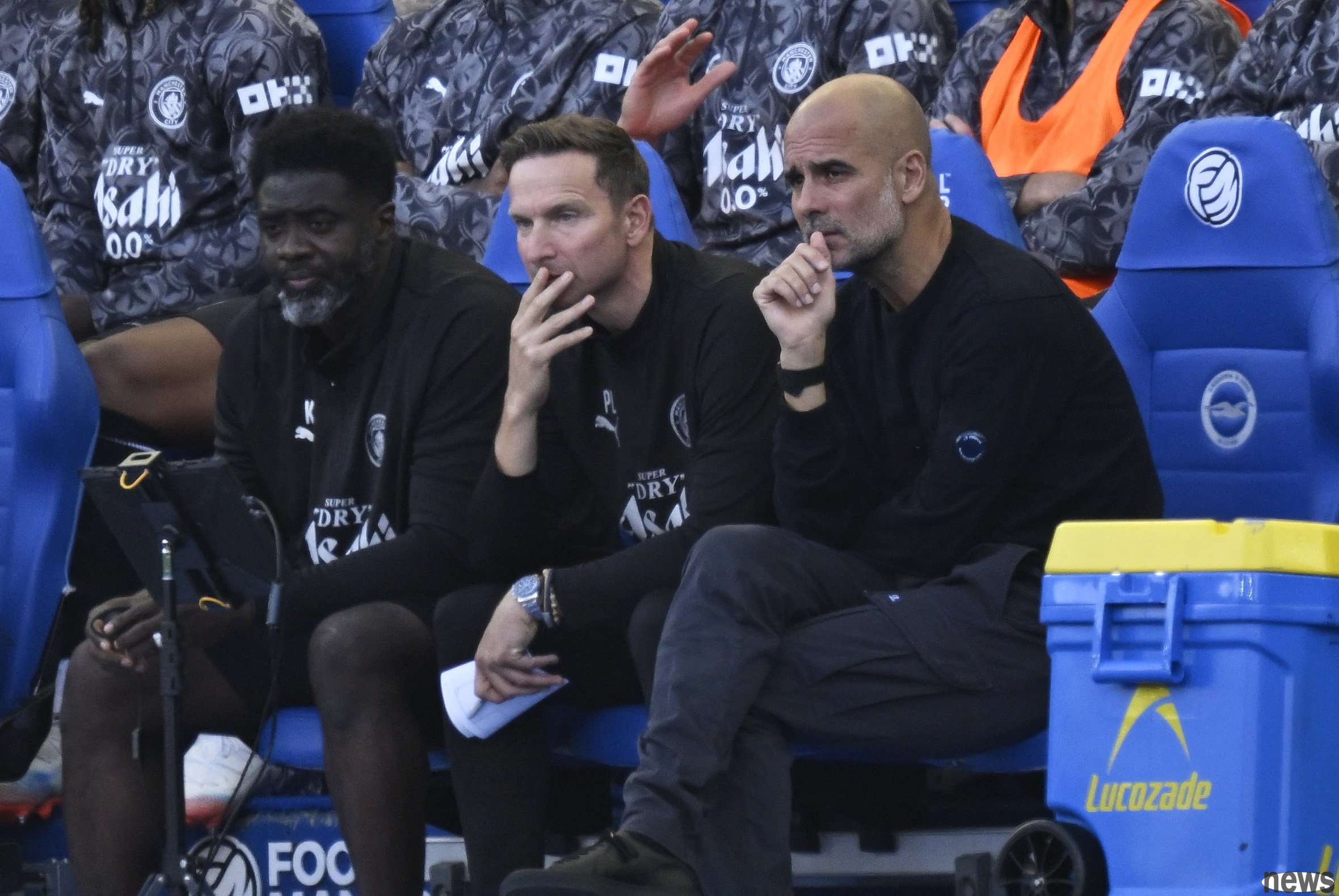
"The tactics don't seem to be as useful as before." After nine years and two months of coaching, Guardiola has become the fourth-longest coach in Premier League history. He has won 18 trophies and has demonstrated the work of a master of tactics many times, but people can't help but question whether he missed a key opportunity - after completing four consecutive championships last season, Guardiola could have finished his curtain call perfectly and ended his coaching career with a feat that even Sir Ferguson had not achieved.
Now, however, he is facing a disturbing turn, from glory to chaos, and Manchester City suddenly becomes prone to collapse, a huge danger for any coach. Guardiola could have left gracefully like Klopp did when the fuel tank bottomed out, but now he is becoming more and more like Wenger - becoming the symbol of outdatedness.
Wenger's mediocre performance in his late period damaged his achievements, making him more memorable as "the analog coach in the digital age" than the creator of the invincible 2003-04 season. The same crisis has also shrouded Guardiola, who has been widely praised for his exquisite tactical aesthetics, which is reflected in his desire to play the "millions of passes".
Now, Guardiola has been criticized for being stubborn. If he loses in the Manchester City derby on Sunday, Manchester City will once again fall into the sluggish state of last season, when their performance in the Champions League against Feyenoord was chaotic and fans even booed.
Although only three games have been played this season, since Manchester United 32 years ago, no team has finally won the championship with a two-game loss. Coupled with Manchester City's performance against Riyadh Crescent in the Club World Cup, it can be seen that the setbacks of the championship-free last season have left a shadow (Guardiola's second championship-free season at Manchester City).
Not only did more opponents crack Manchester City's tactical code: use fast counterattack to deal with the systematic ball-handling style, but Guardiola himself no longer has the magic of the past. He admitted this himself, and after being defeated by Real Madrid this year, he said: "My tactics are no longer as effective as before."
Can Guardiola re-draw the blueprint? Can you completely change your football philosophy? For example, introducing high-pressure and more direct offensive methods to consolidate one's reputation as a master of the times, thereby getting rid of the almost pathological obsession with ball control? At present, the outlook is not optimistic.
Tottenham coach Frank and Brighton coach Hulzer both emphasized a quick counterattack and took advantage of the loopholes in Manchester City's new defense line to succeed. If Manchester United can also target these weaknesses and seize opportunities, Guardiola's brilliant record will lose some more glory.
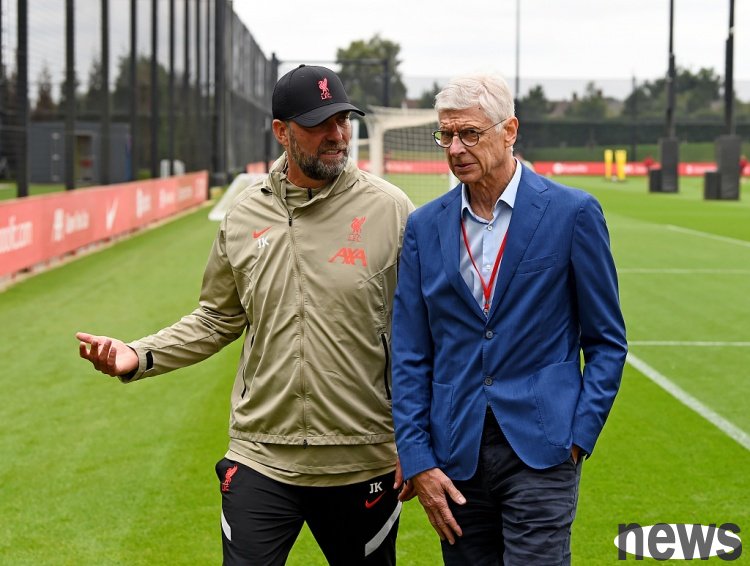
Guardiola faces reconstruction challenges. Where will Manchester City go in the future?
The core lineup of the team that won the triple-champion two years ago has been emptied, and 15 of the 23 players participating in the Champions League final against Inter Milan have left the team. The B seat is likely to leave next summer, and Stones, 31, will find it difficult to continue to meet the coach's strict physical requirements.
Whether the new players can improve the team's strength as soon as possible is still questionable. Husanov is working hard to fill the vacancy left by Walker, and Nico Gonzalez has not yet proved that he is a qualified successor to Rodri. Donnarumma's calmness and dominance in front of the goal need to be reflected urgently.
Even so, the peak of this fifth-youngest team in the Premier League (average age of 24.8) may not arrive until Guardiola leaves. Unlike Klopp who can leave Anfield with peace of mind, Guardiola does not have such certainty at Manchester City.
In a sense, we don't have to worry about him. Guardiola has already hinted at the plan after the expiration of his contract with Manchester City in 2027, and said he will work hard to learn French, play more golf and learn cooking. He recently told Spanish chef Danny Garcia that one of the best treatments is to watch golf games while enjoying food at Manchester's Catalan restaurant Tast while thinking about the next game.
Perhaps that's why Guardiola reconnected with Fleetwood this week, and maybe nothing can soothe the soul more than a few beautiful shots.
However, there is a feeling that Guardiola's problem is too deep to be resolved during an international match day break. This is not the first time. Guardiola's persistent pursuit of perfection seems to have exhausted himself. This sign came after four years of coaching at Barcelona and spent nearly ten years at Manchester City.
We will not ignore the lesson Guardiola learned from his friendship with chess master Kasparov: While Kasparov could theoretically defeat the next generation's best player Magnus Carlson in a few hours, this extreme effort cannot last until the marathon.
Nowadays, Guardiola has to face a similar dilemma, realizing that his competitors have caught up, but he is not sure if he has enough endurance to overtake them again.




